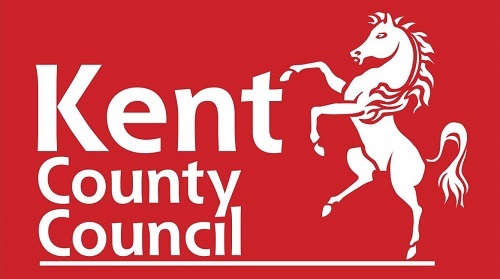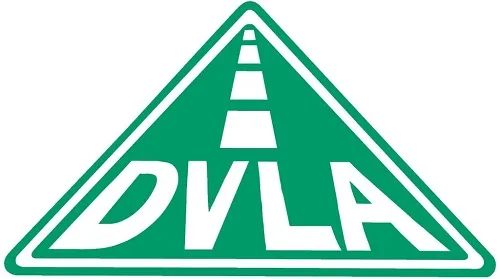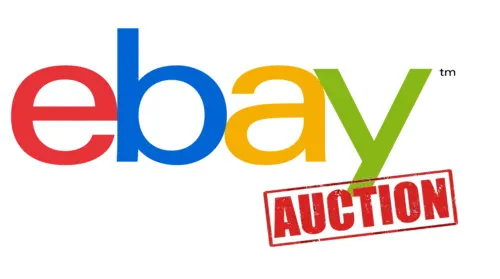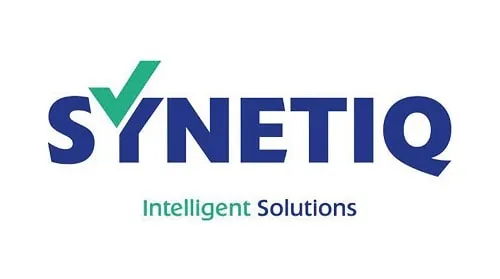The Ultimate Guide To Buying Salvage Vehicles
Reclamet Limited
View ALL WASTE SERVICES
Reclamet Limited
View ALL WASTE SERVICES
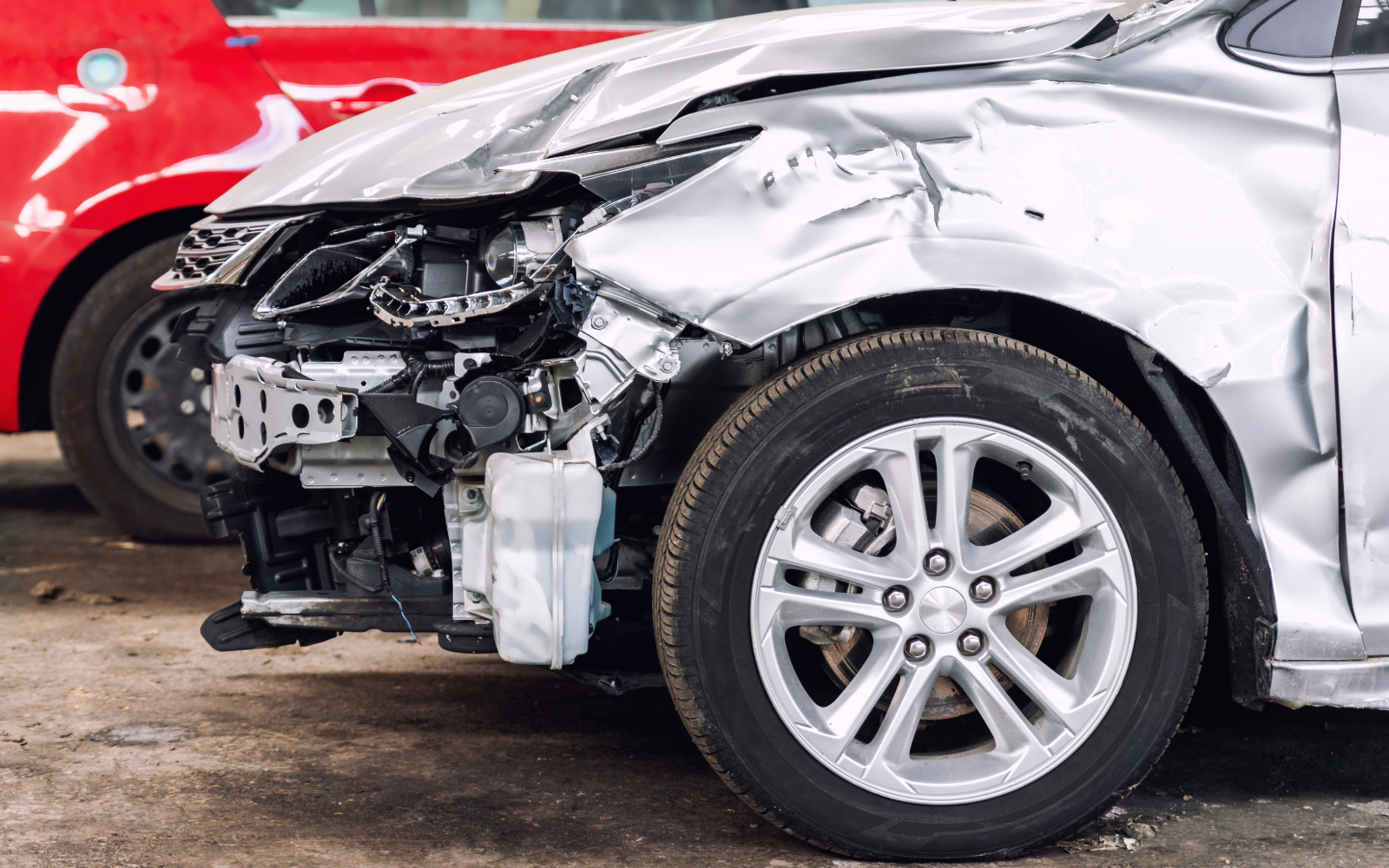
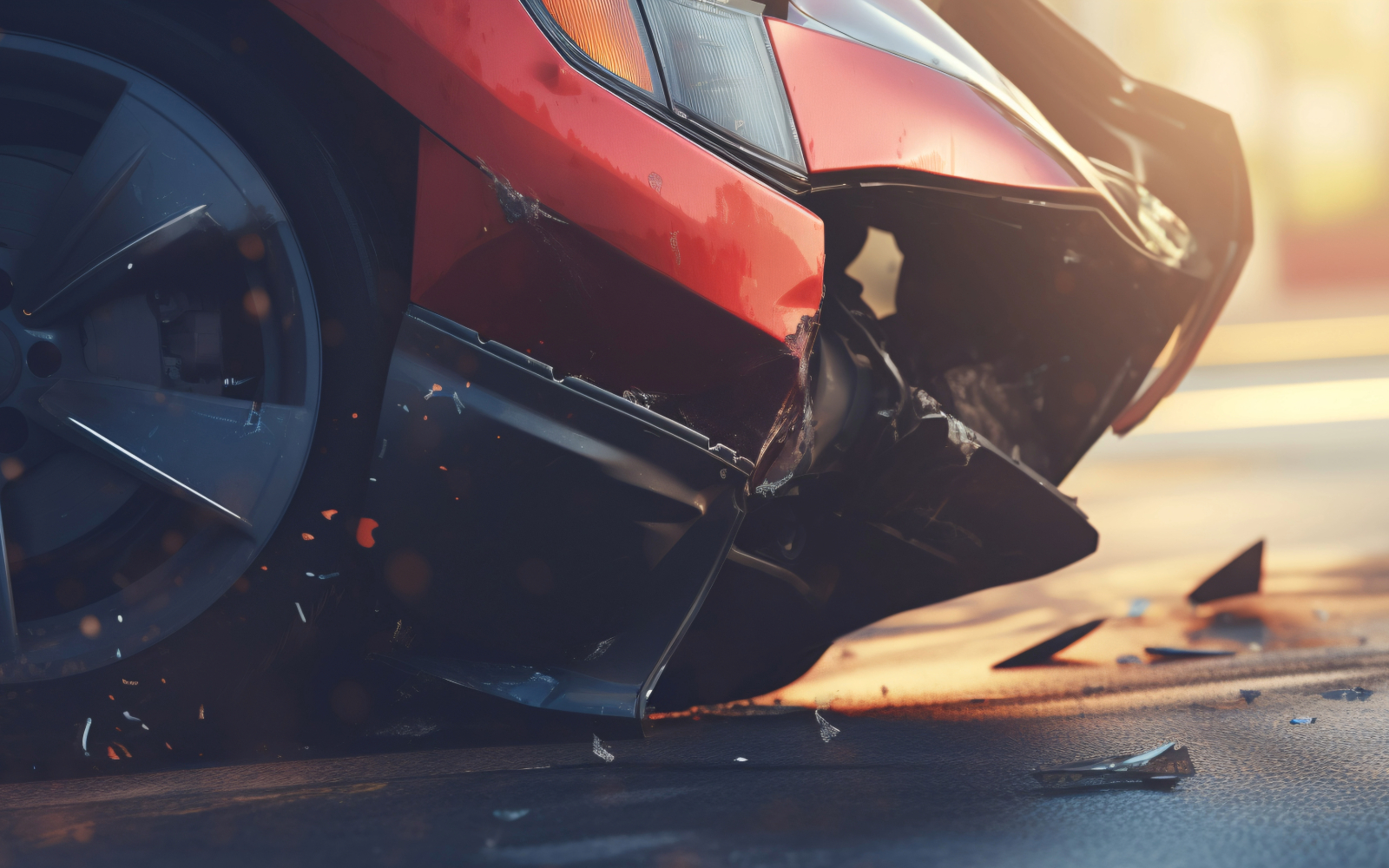
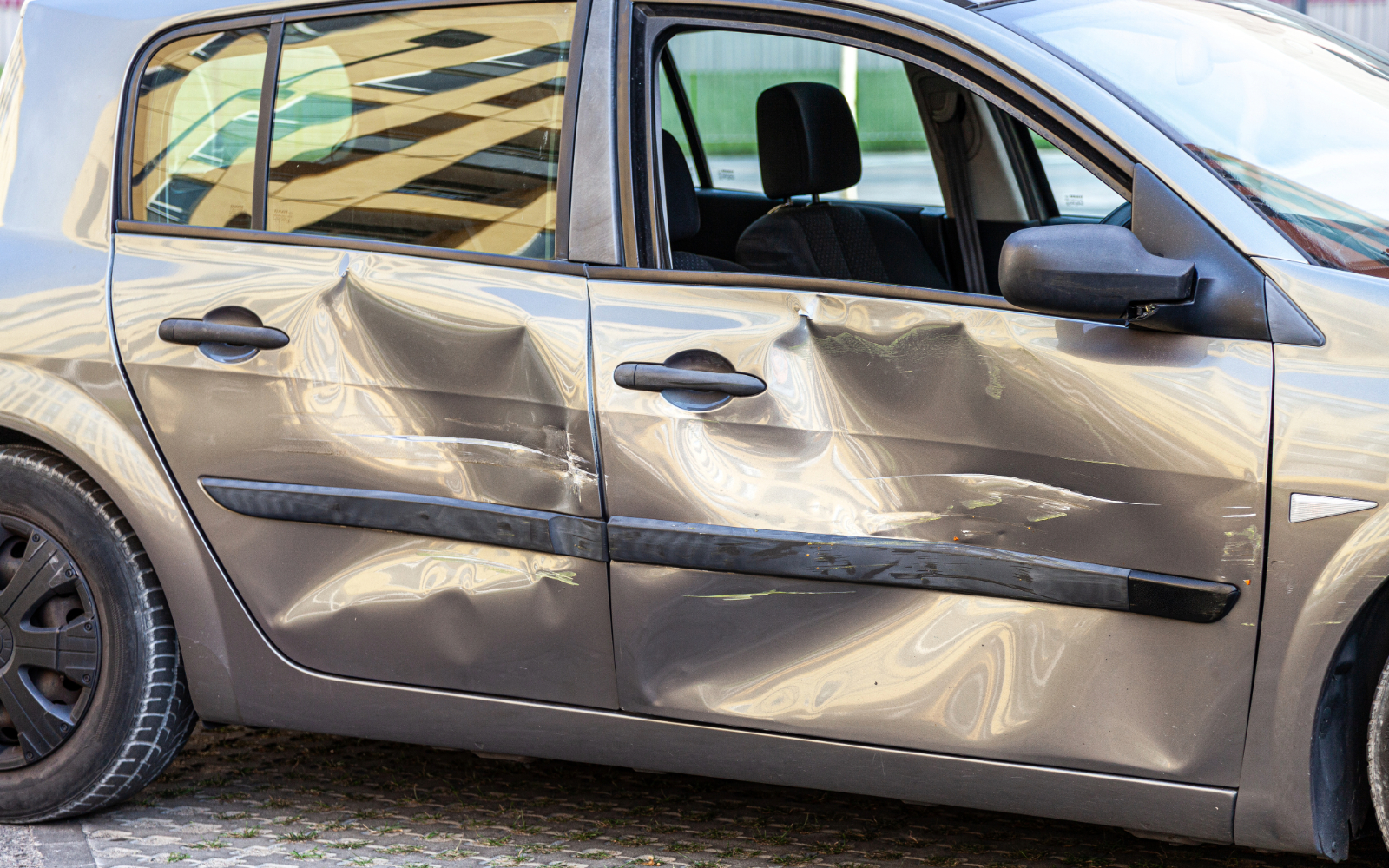
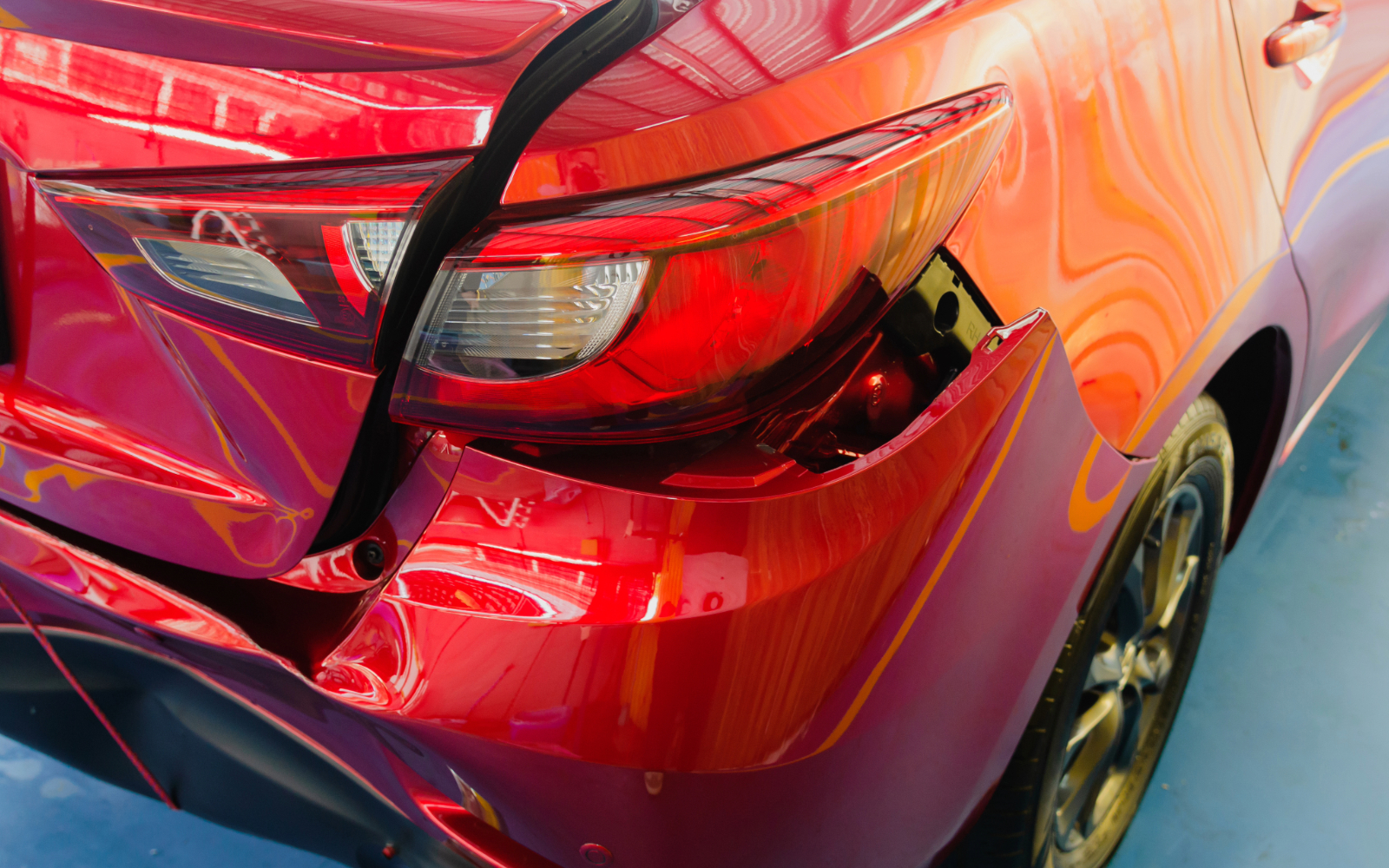
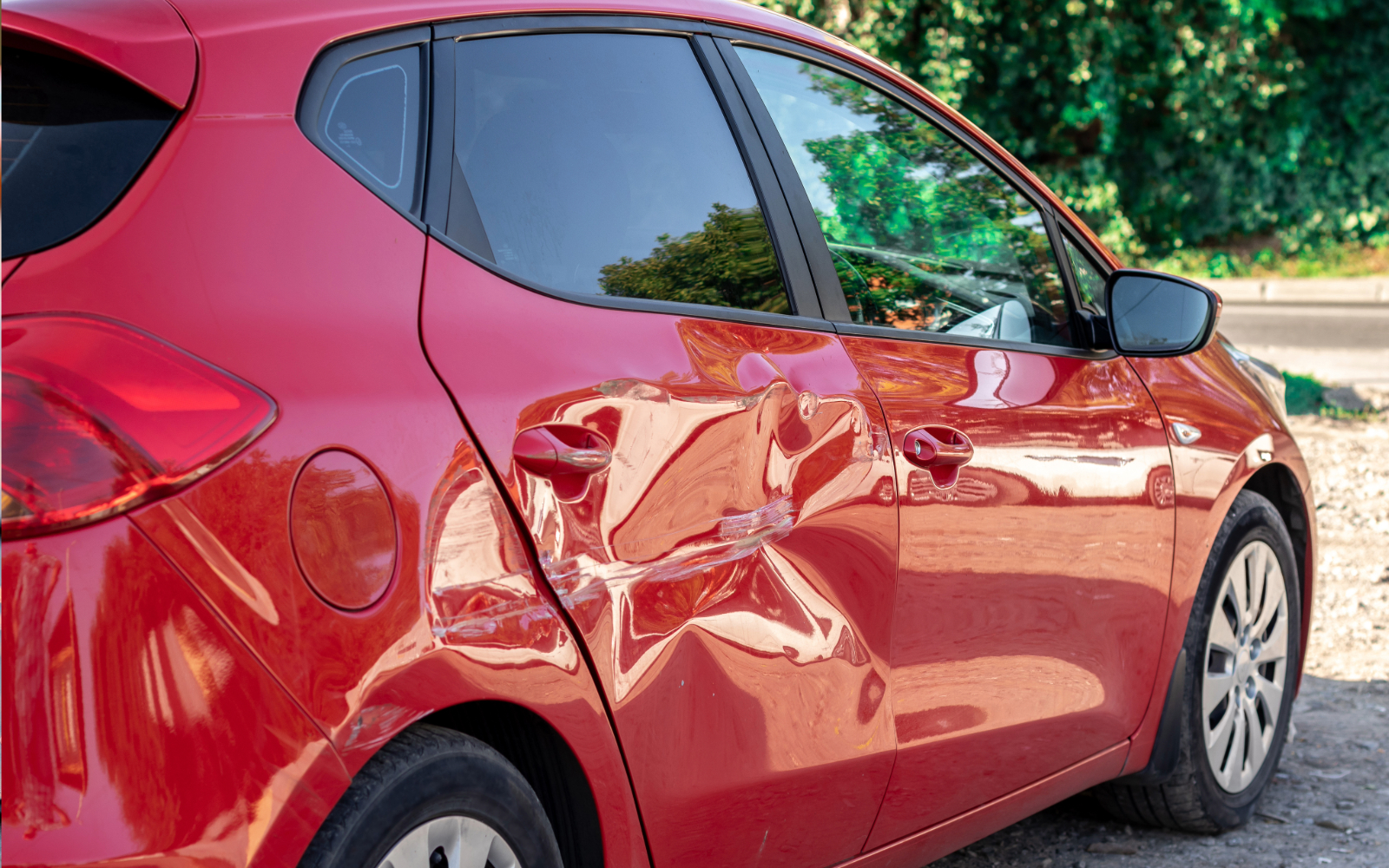
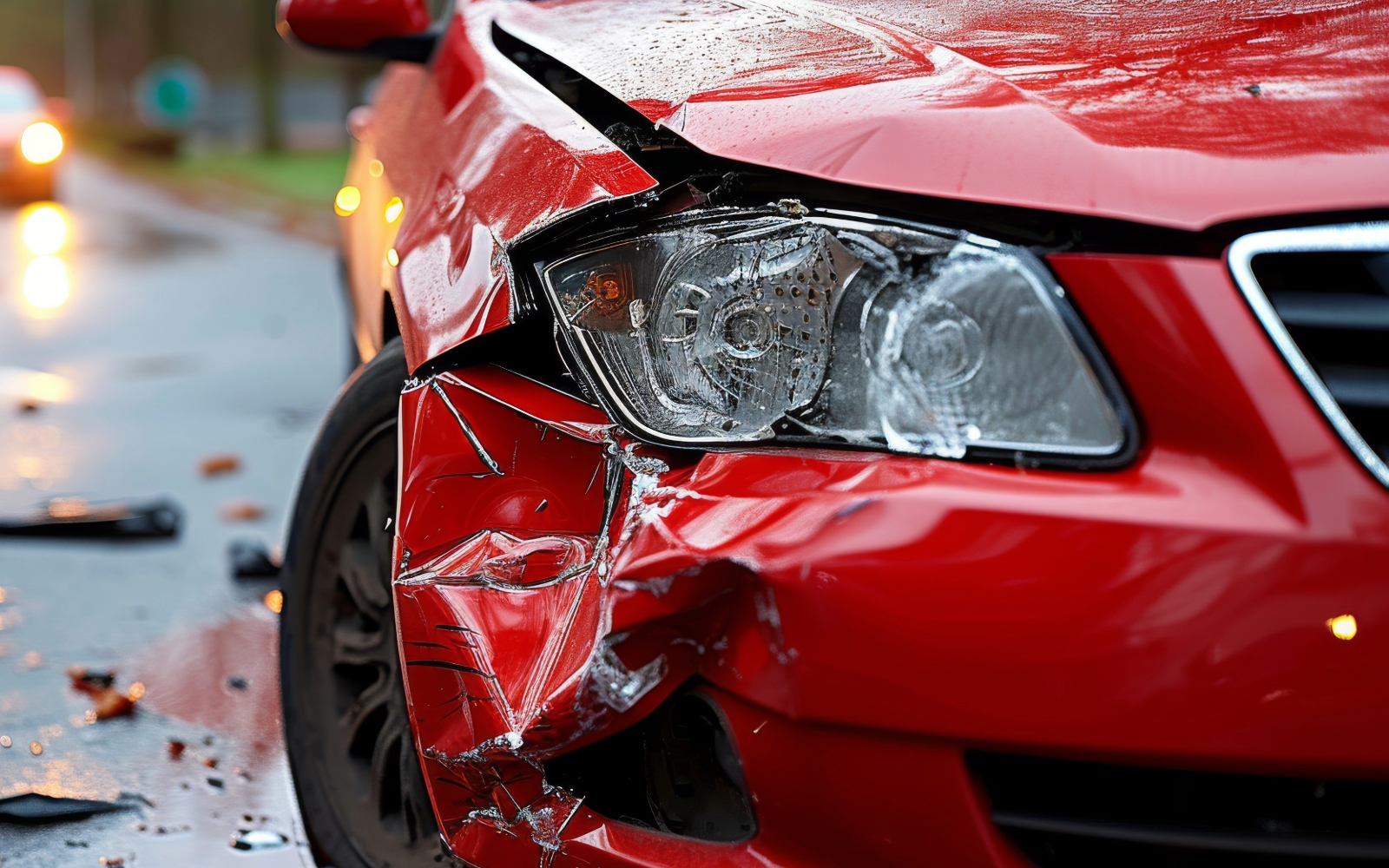
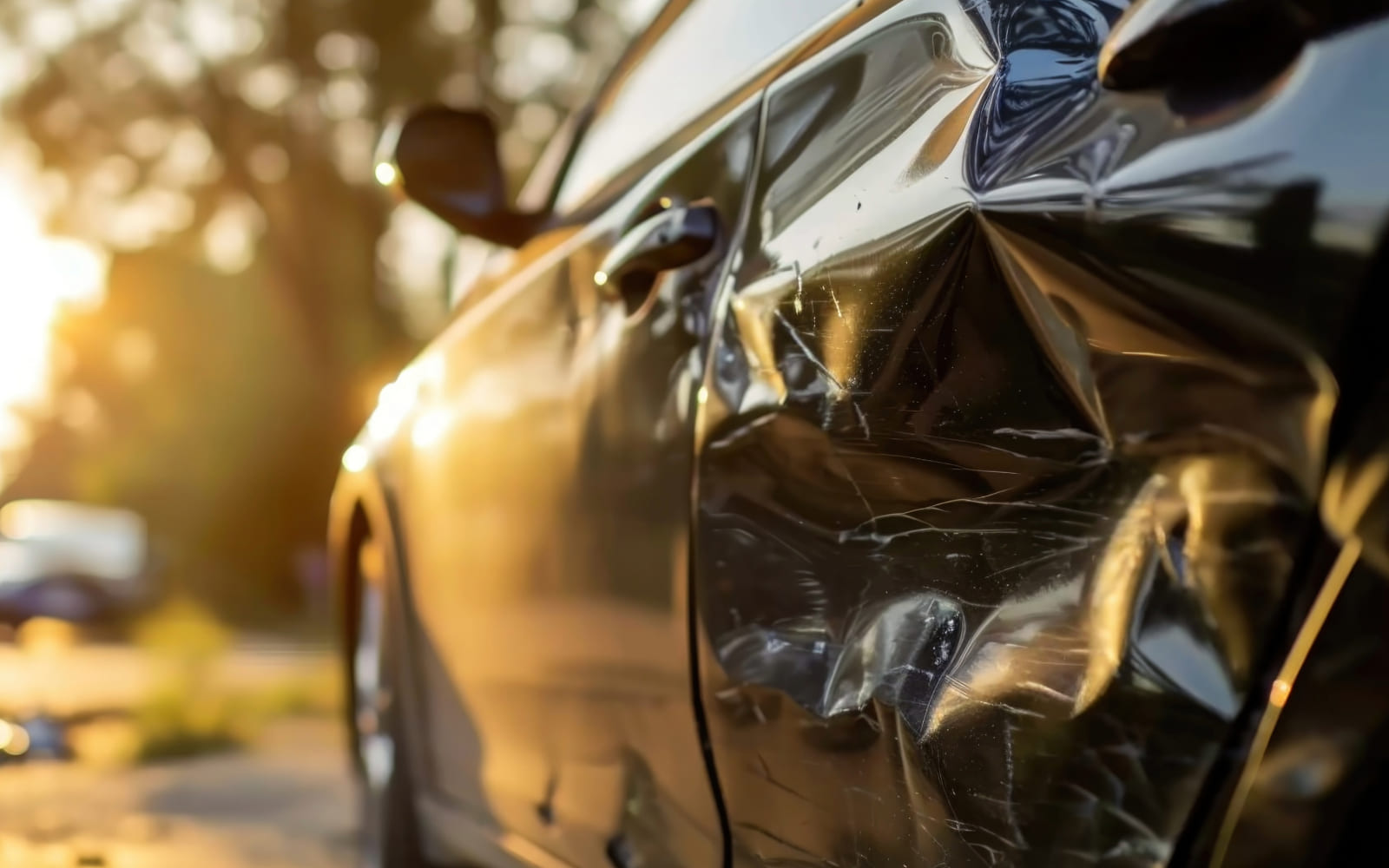
The ultimate guide to buying salvage vehicles
If you want to purchase an accident-damaged vehicle for the first time, you will have questions about how the process works. This article explains what accident-damaged cars are, what categories/titles you’ll find for sale, and, most importantly, why you should consider buying one.
What are accident-damaged vehicles?
Accident-damaged vehicles and cars, also known as salvage in our industry, or non-runners or write-offs to the general public, can be purchased easily and is a great way to save money if you can repair them.
Where to buy accident-damaged cars?
There are many salvage auction sites where you can buy accident-damaged vehicles.
Insurance Write-Offs
Suppose a vehicle has sustained considerable damage, and the cost to repair will be close to or more than its value. In that case, the car will be written off, and the insurance company will take possession and sell it to an Authorised Treatment Facility such as Reclamet.
Understanding Accident Damaged Categories
When an insurer writes off a vehicle, it will be assigned a salvage category/title to inform the buyer about the type and severity of the damage received. These are provided by the Association of British Insurers (ABI) and split into six different categories: A, B, C, D, S, and N. You must understand each salvage category/title before deciding to purchase this vehicle type.
A—Scrap—A scrap car has been damaged beyond repair; the vehicle frame and salvageable parts must not be returned to the road, or the vehicle will be crushed.
B – Breaker vehicles – A Category B vehicle should not reappear on the road, although some parts can be salvaged and used in cars that can reappear on the road. The shell must be crushed afterwards.
C – Salvage – A Category C vehicle is repairable; however, the costs required to repair it exceed the vehicle’s pre-accident value.
D- Salvage – A Category D vehicle is repairable, and the costs required to repair it are significant, although they do not exceed the vehicle’s pre-accident value.
S – Salvage – Repairable Structural – A Category S vehicle has sustained damage to its chassis or structural frame, and the insurer/self-insured owner has decided not to repair the car.
N – Salvage – Repairable Non-Structural – A Category N vehicle has not sustained damage to its chassis or structural frame. The self-insured owner/insurer decided not to repair the car.
U/X—Used Unrecorded/Stolen Recovered—Minimal Damage and Category U—Used Unrecorded vehicles outside the ABI Code of Practice and denoted other vehicles not classified as total losses under the code. While these vehicles have not been classed as salvage, there is still a chance that they could be damaged.
From 1st October 2017, the Code of Practice for the Categorisation of Motor Vehicle Salvage changed. Salvage Categories S (Structural) and N (Non-Structural) were brought in to replace C and D. The new categories aim to give buyers a better indication of why the vehicle has been written off, i.e., whether it had cosmetic, light, or structural damage.
Once the necessary repairs have been completed, salvage Category C, D, S and N vehicles can return to the road. Category C and D vehicles classified before 1st October will remain in circulation.
Why should I buy an accident-damaged vehicle?
Value for money: If you have the knowledge and skills to repair a damaged vehicle, you can save money over buying the car used (including the cost to fix it).
Parts: Heavily damaged vehicles, particularly CAT B, C and S titles, could provide a source of great-value used parts. Vehicles may be too heavily damaged to realistically return to the road (CAT Bs cannot legally return). They contain salvageable parts that you could buy for a low price, which is perfect if you are already repairing a similar model.
Enjoyment: A repair or restoration challenge can be hugely fulfilling, especially if you are a big car fanatic. There’s nothing like seeing a damaged and sad-looking car returned to its former glory.
Who should purchase an accident-damaged vehicle?
Accident-damaged vehicles can vary in damage from light cosmetic to deeper mechanical problems. As a result, no one size fits when considering taking on this challenge. Those specialising in used vehicle repair would be more suited to fixing vehicles with lighter damage. In contrast, cars with heavier damage might be more suitable for experienced mechanics who have previously worked with repairable salvage. Of course, suppose you have limited experience with damaged vehicles and want to take on your first salvage challenge. If you can dedicate the time and care it takes to repair it, this type of vehicle might not be appropriate.
Where to buy an accident-damaged car?
You can find accident-damaged vehicles for sale in several places, including online retailers and car auction companies.
What type of salvage does Reclamet buy?
Used vehicles, high-mileage vehicles, classic cars, accident-damaged vehicles, cars with mechanical issues/non-runners, mot failures, probate vehicles, cars that are uneconomical to repair, HGVs, vans, commercial vehicles, motorcycles, caravans/RVs, agricultural and plant machinery.
View our range of salvage auction vehicles for sale.
Call: 01843 800800

The ultimate guide to buying salvage vehicles
If you want to purchase an accident-damaged vehicle for the first time, you will have questions about how the process works. This article explains what accident-damaged cars are, what categories/titles you’ll find for sale, and, most importantly, why you should consider buying one.
What are accident-damaged vehicles?
Accident-damaged vehicles and cars, also known as salvage in our industry, or non-runners or write-offs to the general public, can be purchased easily and is a great way to save money if you can repair them.
Where to buy accident-damaged cars?
There are many salvage auction sites where you can buy accident-damaged vehicles.
Insurance Write-Offs
Suppose a vehicle has sustained considerable damage, and the cost to repair will be close to or more than its value. In that case, the car will be written off, and the insurance company will take possession and sell it to an Authorised Treatment Facility such as Reclamet.
Understanding Accident Damaged Categories
When an insurer writes off a vehicle, it will be assigned a salvage category/title to inform the buyer about the type and severity of the damage received. These are provided by the Association of British Insurers (ABI) and split into six different categories: A, B, C, D, S, and N. You must understand each salvage category/title before deciding to purchase this vehicle type.
A—Scrap—A scrap car has been damaged beyond repair; the vehicle frame and salvageable parts must not be returned to the road, or the vehicle will be crushed.
B – Breaker vehicles – A Category B vehicle should not reappear on the road, although some parts can be salvaged and used in cars that can reappear on the road. The shell must be crushed afterwards.
C – Salvage – A Category C vehicle is repairable; however, the costs required to repair it exceed the vehicle’s pre-accident value.
D- Salvage – A Category D vehicle is repairable, and the costs required to repair it are significant, although they do not exceed the vehicle’s pre-accident value.
S – Salvage – Repairable Structural – A Category S vehicle has sustained damage to its chassis or structural frame, and the insurer/self-insured owner has decided not to repair the car.
N – Salvage – Repairable Non-Structural – A Category N vehicle has not sustained damage to its chassis or structural frame. The self-insured owner/insurer decided not to repair the car.
U/X—Used Unrecorded/Stolen Recovered—Minimal Damage and Category U—Used Unrecorded vehicles outside the ABI Code of Practice and denoted other vehicles not classified as total losses under the code. While these vehicles have not been classed as salvage, there is still a chance that they could be damaged.
From 1st October 2017, the Code of Practice for the Categorisation of Motor Vehicle Salvage changed. Salvage Categories S (Structural) and N (Non-Structural) were brought in to replace C and D. The new categories aim to give buyers a better indication of why the vehicle has been written off, i.e., whether it had cosmetic, light, or structural damage.
Once the necessary repairs have been completed, salvage Category C, D, S and N vehicles can return to the road. Category C and D vehicles classified before 1st October will remain in circulation.
Why should I buy an accident-damaged vehicle?
Value for money: If you have the knowledge and skills to repair a damaged vehicle, you can save money over buying the car used (including the cost to fix it).
Parts: Heavily damaged vehicles, particularly CAT B, C and S titles, could provide a source of great-value used parts. Vehicles may be too heavily damaged to realistically return to the road (CAT Bs cannot legally return). They contain salvageable parts that you could buy for a low price, which is perfect if you are already repairing a similar model.
Enjoyment: A repair or restoration challenge can be hugely fulfilling, especially if you are a big car fanatic. There’s nothing like seeing a damaged and sad-looking car returned to its former glory.
Who should purchase an accident-damaged vehicle?
Accident-damaged vehicles can vary in damage from light cosmetic to deeper mechanical problems. As a result, no one size fits when considering taking on this challenge. Those specialising in used vehicle repair would be more suited to fixing vehicles with lighter damage. In contrast, cars with heavier damage might be more suitable for experienced mechanics who have previously worked with repairable salvage. Of course, suppose you have limited experience with damaged vehicles and want to take on your first salvage challenge. If you can dedicate the time and care it takes to repair it, this type of vehicle might not be appropriate.
Where to buy an accident-damaged car?
You can find accident-damaged vehicles for sale in several places, including online retailers and car auction companies.
What type of salvage does Reclamet buy?
Used vehicles, high-mileage vehicles, classic cars, accident-damaged vehicles, cars with mechanical issues/non-runners, mot failures, probate vehicles, cars that are uneconomical to repair, HGVs, vans, commercial vehicles, motorcycles, caravans/RVs, agricultural and plant machinery.
View our range of salvage auction vehicles for sale.
Call: 01843 800800

